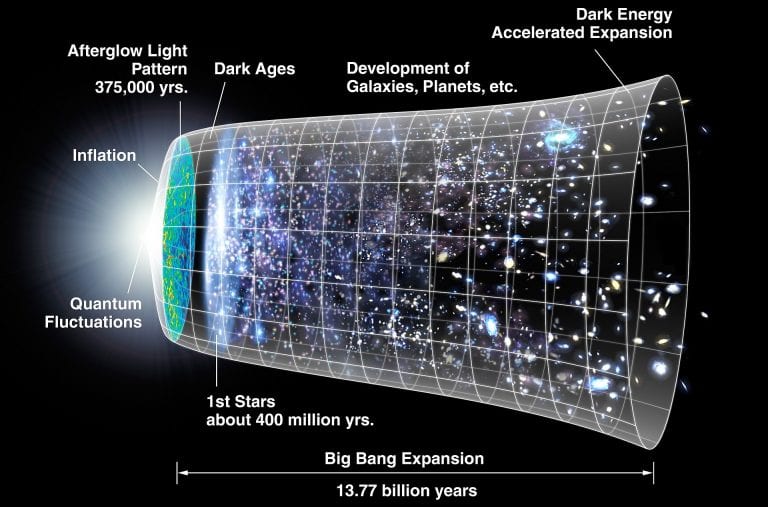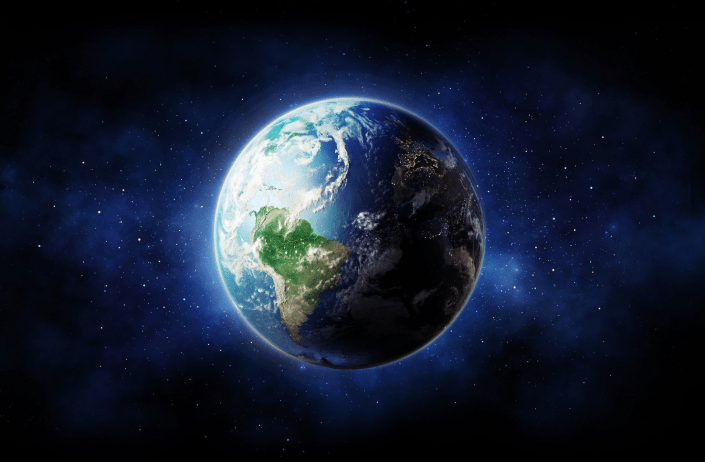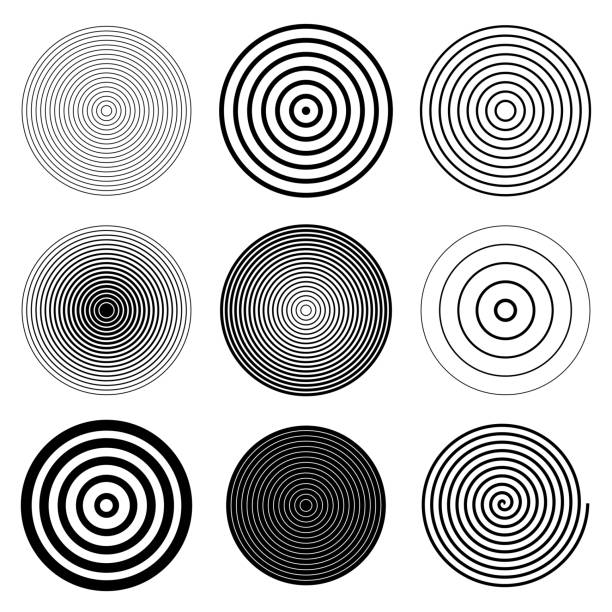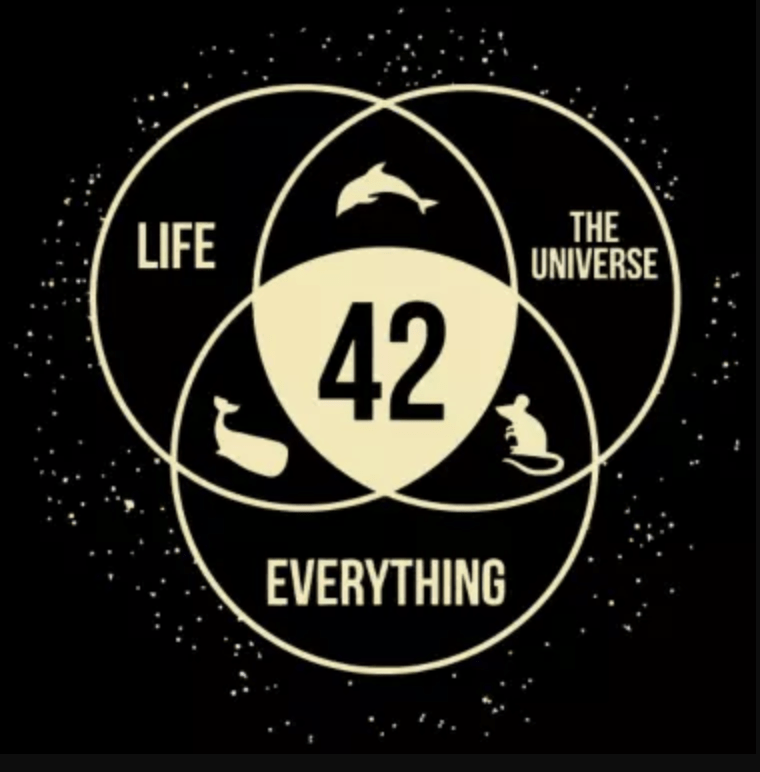Isn’t one vast, historic, and mysterious universe isn’t sufficient for you? Well, because it happens, there are others. Among physicists, it’s now no longer controversial. Our universe is, however, one in an unimaginably huge ocean of universes known as the multiverse.
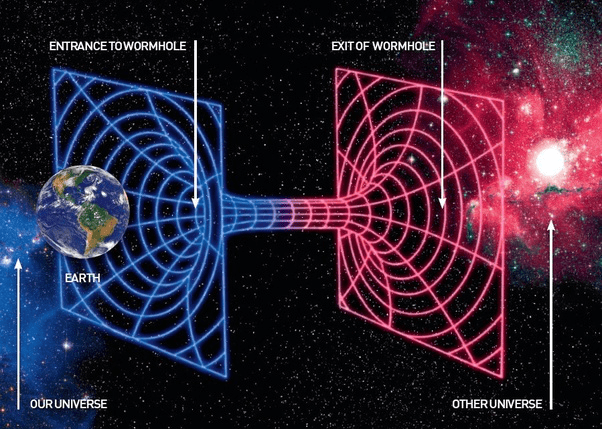
If that idea isn’t sufficient to get your head around, physics describes distinctive varieties of the multiverse. The simplest one to recognize is known as the cosmological multiverse. The concept right here is that the universe extended at a mind-boggling pace withinside a fraction of a 2nd after the huge bang. During this era of inflation, there have been quantum fluctuations that brought about separate bubble universes to pop into lifestyles and themselves begin inflating and blowing bubbles. Russian physicist Andrei Linde got here with this idea, which indicates an infinity of universes now no longer in any causal reference to one another – so loose to expand in distinctive ways.
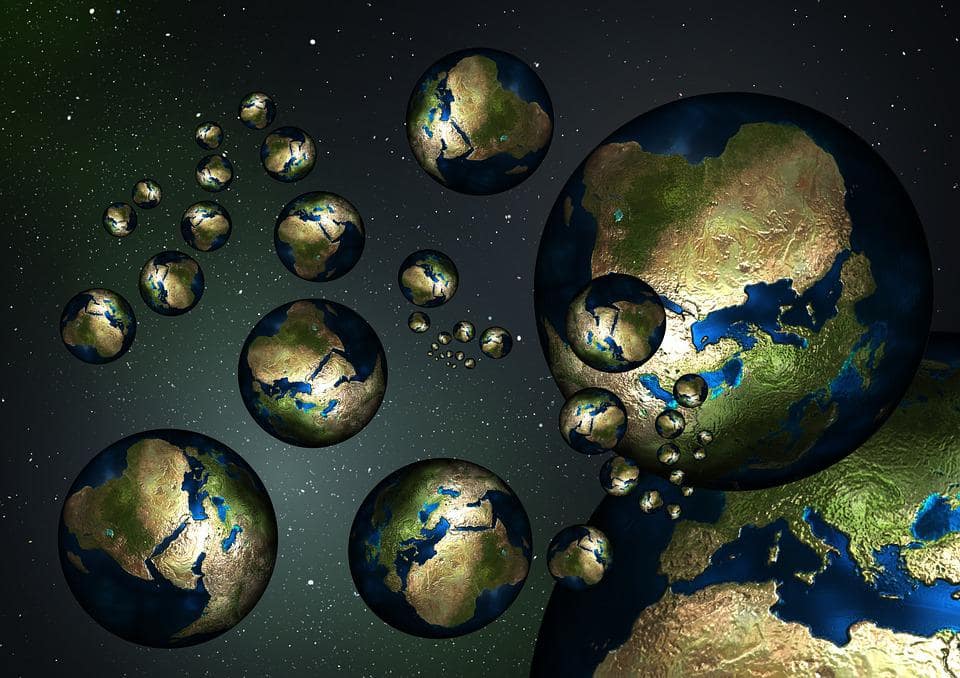
Cosmic space is big, maybe infinite. Travel far enough and some theories suggest that you would meet your cosmic twin, a copy of you who lives in a copy of our world but in a different part of the multiverse. As a notoriously theoretical explanation of reality, it predicts a large number of frankly nonsensical universes, maybe 10 to 500 or more, all with slightly different physical parameters. And then there is the quantum multiverse. Physicist Hugh Everett had this idea, which is predicted from his interpretation of "many worlds" quantum physics. Everett's theory is that quantum effects cause the universe to keep dividing. It could mean that the choices we make in this universe affect other versions of ourselves that live in parallel worlds.
Limit your concerns to entities on the current plane of
existence.
Rowan Hooper


